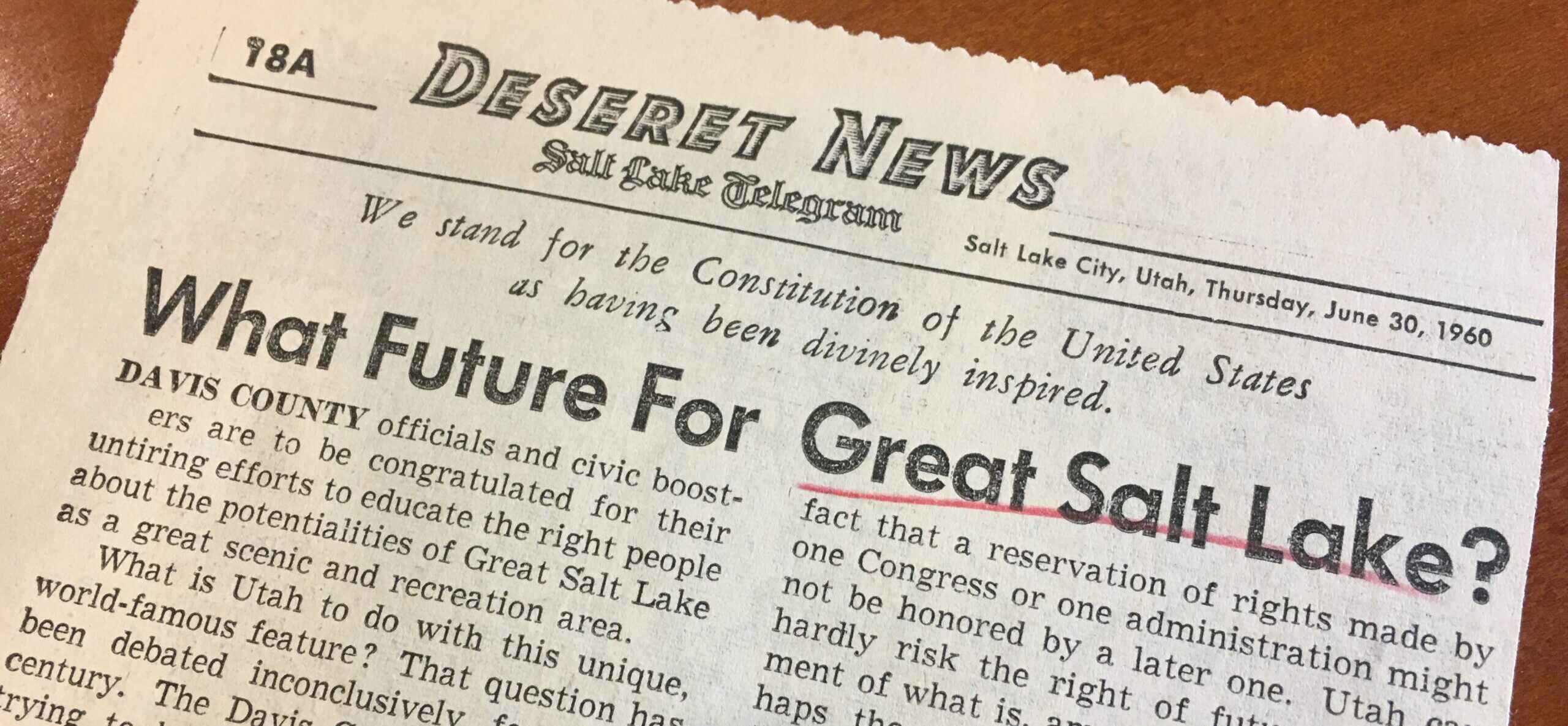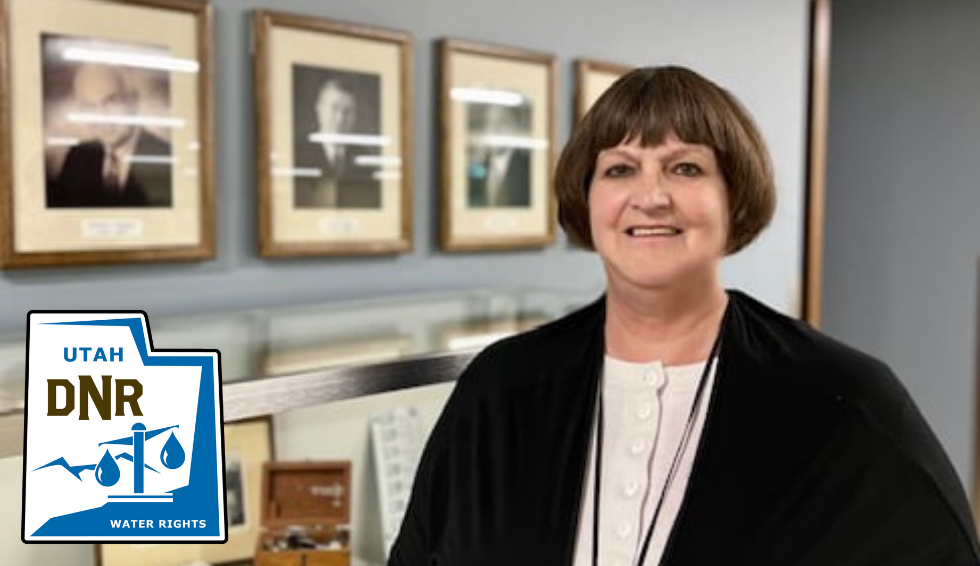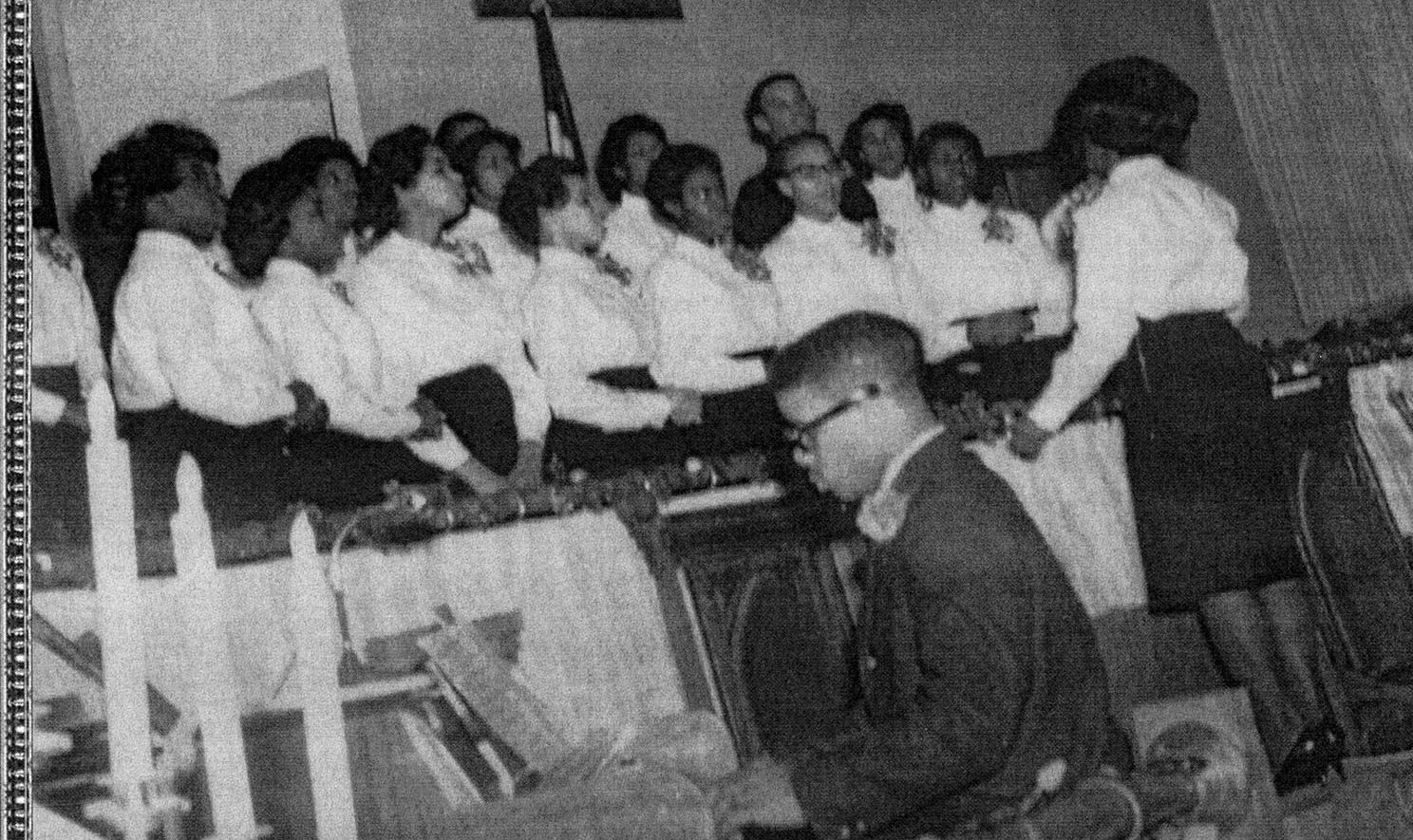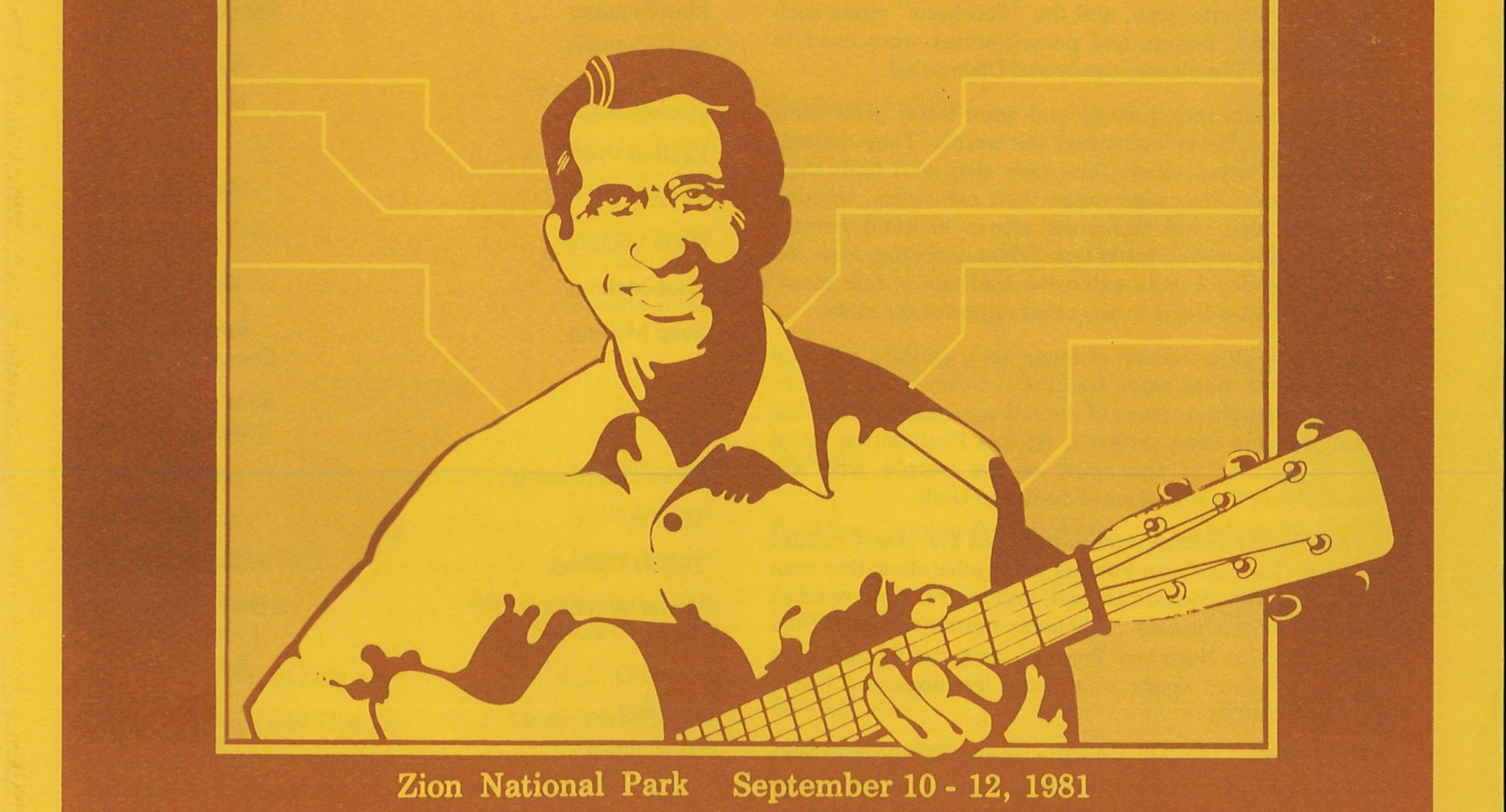May. 08, 2024
December 9, 2011
Simplifying Access to Government Records
Simplifying Access to Government Records One duty of a records officer is to provide public access to government records. To help simplify the records request process, records officers and the public should be clear about the records or information requested. Records retention schedules can be used as a tool to accomplish this. Some questions to ask are: Where are the records kept?

December 2, 2011
Records Center Move
The Utah State Archives and Records Service will relocate the State Records Center from the warehouse in West Valley (Decker Lake) to a new State owned facility in Clearfield. This move is scheduled to begin on February 1, 2012 and will take an estimated 4 weeks to complete. In order to facilitate this move, some services will be temporarily
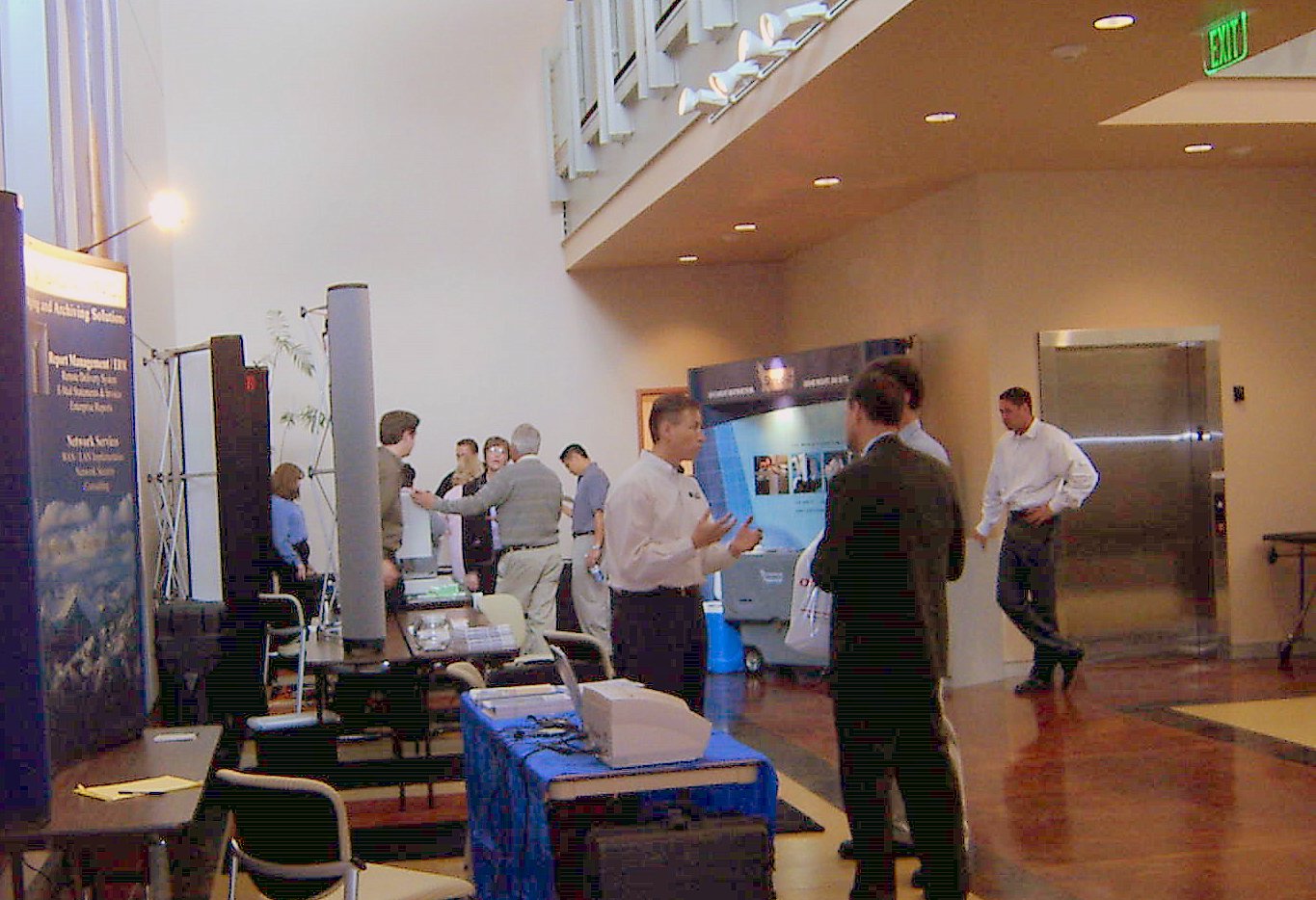
November 29, 2011
SAVE THE DATE! Utah State Archives April 2012 RIMM Conference
Information professionals have centuries of experience working with records on paper, and have developed effective practices for controlling these records. Yet, we have only a couple of decades of experience actively managing electronic records. As a profession records managers are engaging the unique challenges of this radically new format and are developing approaches to efficiently manage e-records. In
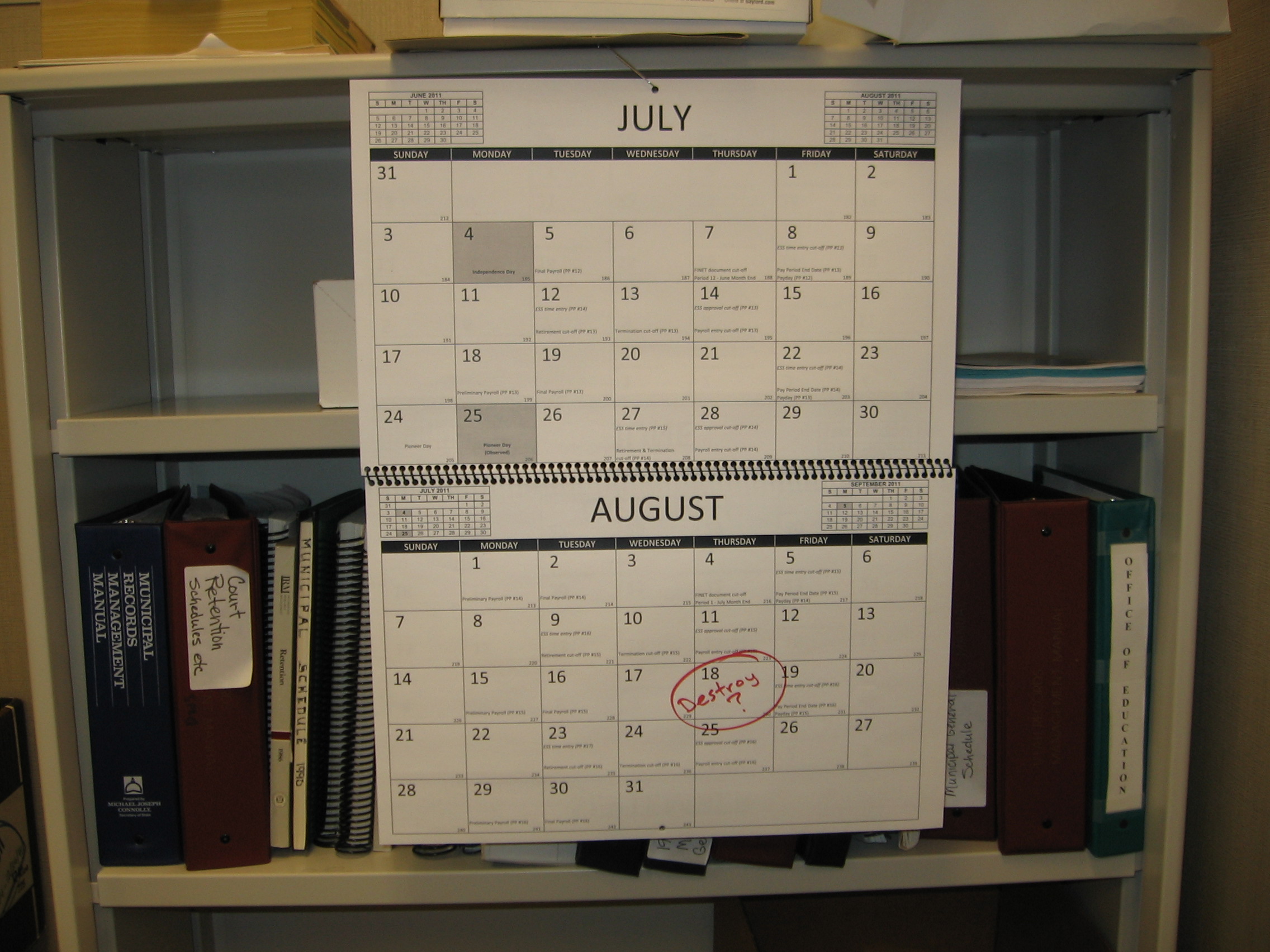
November 21, 2011
Retention Talk – A Few Thoughts about Utah General Schedules.
When it comes time to schedule records with the Utah State Archives and Records Service there may be some confusion about general retention schedules. What are general schedules? What purpose do they serve? How do I use a general schedule? ARMA International defines a retention schedule as: “A comprehensive list of records series, indicating for each the length of time it is
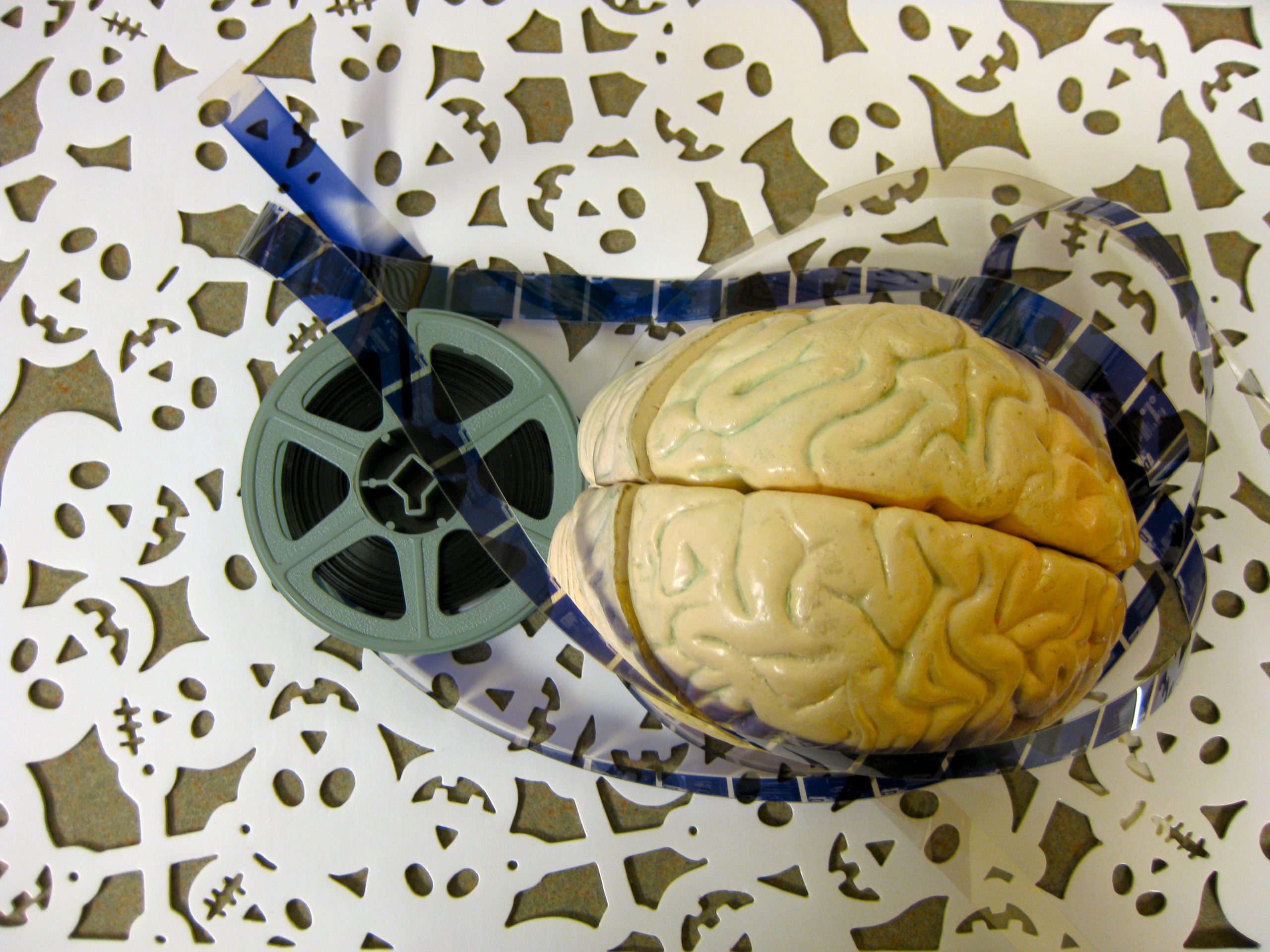
October 31, 2011
Records Management Zombies: Or, the Challenges of a Mindless RM Program
Records managers can learn from zombies. A general observation about zombie behavior: Zombies wander aimlessly. They lack direction or the ability to plan ahead. Zombies do not exhibit signs of motivation until they see one of the living. If a zombie meets a person they then stumble and charge to get to their next meal, often hurting themselves in the process. Similarly, records management

October 20, 2011
eDiscovery, Litigation, and Utah's Retention Schedules
On September 22nd I attended the Intermountain eDiscovery 2011 conference in Salt Lake City. At the conference Ralph C. Losey, of Jackson Lewis LLP, discussed the challenges and latest solutions to electronic discovery. Three significant points were: 1) If you “reasonably” expect litigation, then you must stop all records destruction; 2) In Manhattan it is considered gross negligence if an IT
October 14, 2011
2012 Utah State Archives Records Management Training Dates
The Utah State Archives is pleased to announce the 2012 training dates. It will be an exciting year for training as we introduce two new workshops: “What’s In Those Cabinets: Tackling the Records Inventory and Appraisal Process” and “Essential Records Protection and Disaster Recovery.” Participants of these workshops will begin the process of inventorying in-office records, create a standardized rubric
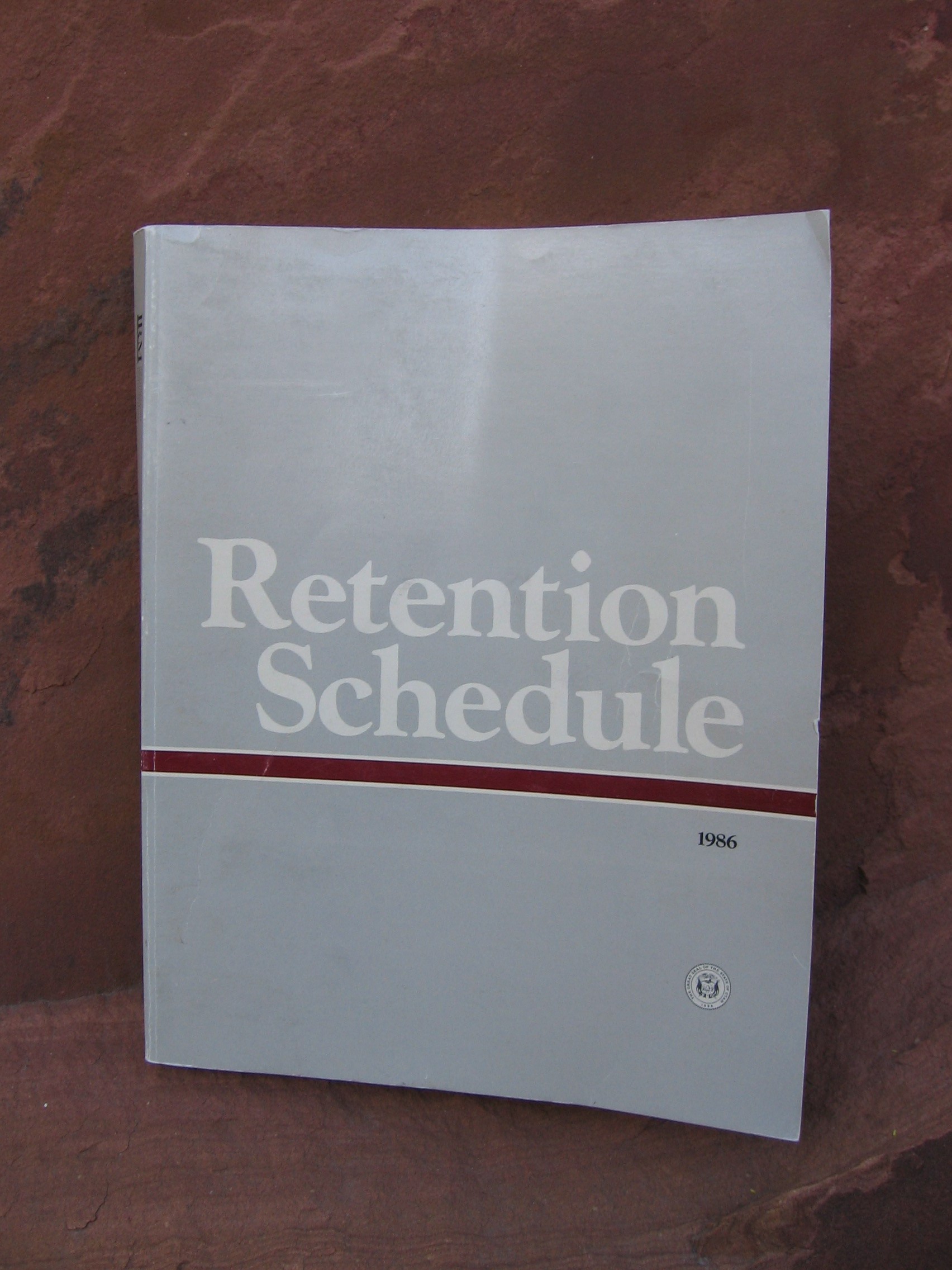
September 29, 2011
Moving Utah's General Retention Schedules Forward
It has been over a decade since the Utah State Archives and Records Service did a comprehensive review of its general retention schedules. Since then a great deal has changed in the way that states and non-governmental entities manage their records. The nature of records is changing, or maybe more accurately has changed, as centuries old analog formats are being
Public Comment Policy
Recent Posts
Authors
Categories
- Digital Archives/
- Electronic Records/
- Finding Aids/
- General Retention Schedules/
- GRAMA/
- Guidelines/
- History/
- Legislative Updates/
- News and Events/
- Open Government/
- Records Access/
- Records Management/
- Records Officer Spotlights/
- Research/
- Research Guides/
- State Records Committee/
- Training/
- Uncategorized/
- Utah State Historical Records Advisory Board/
